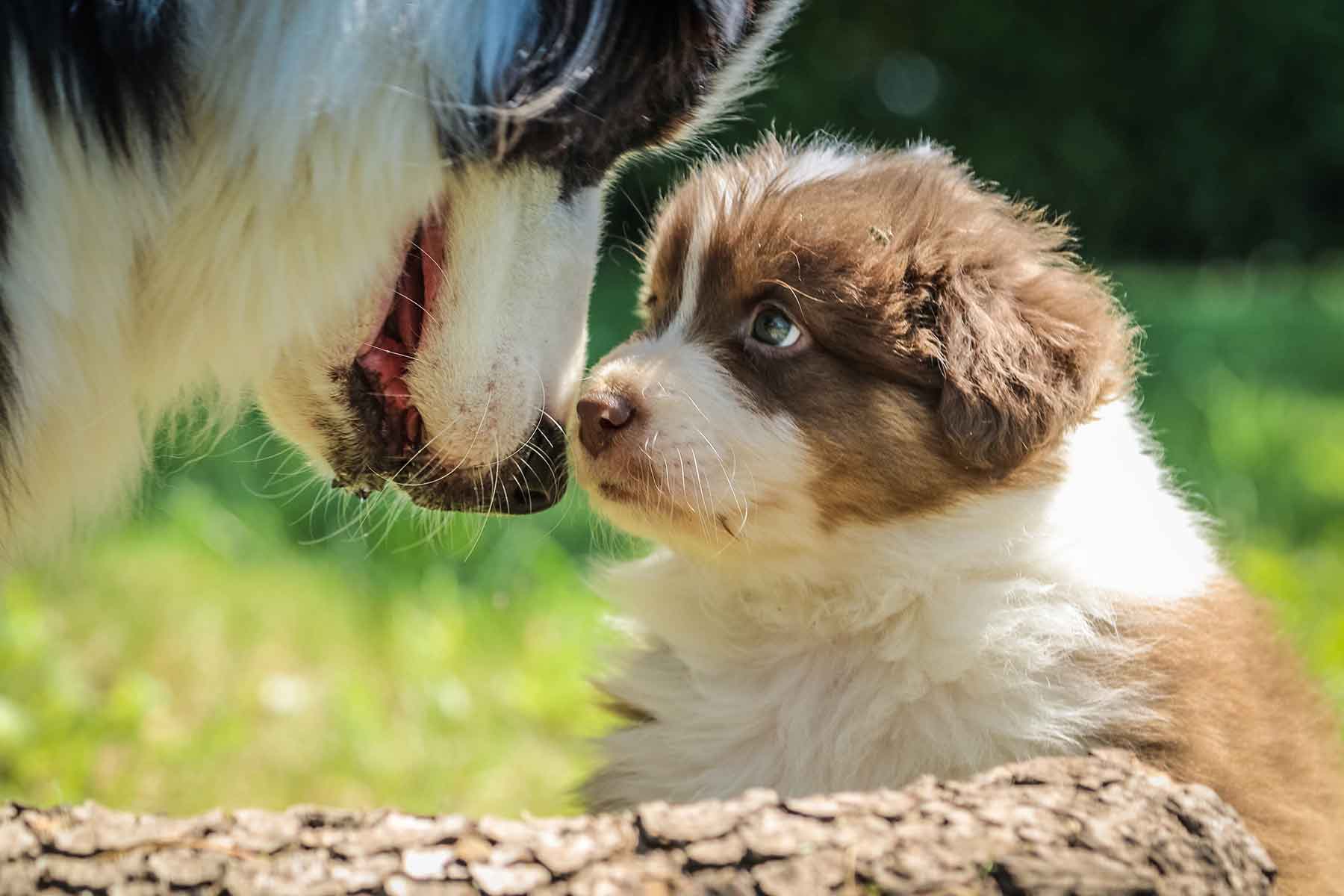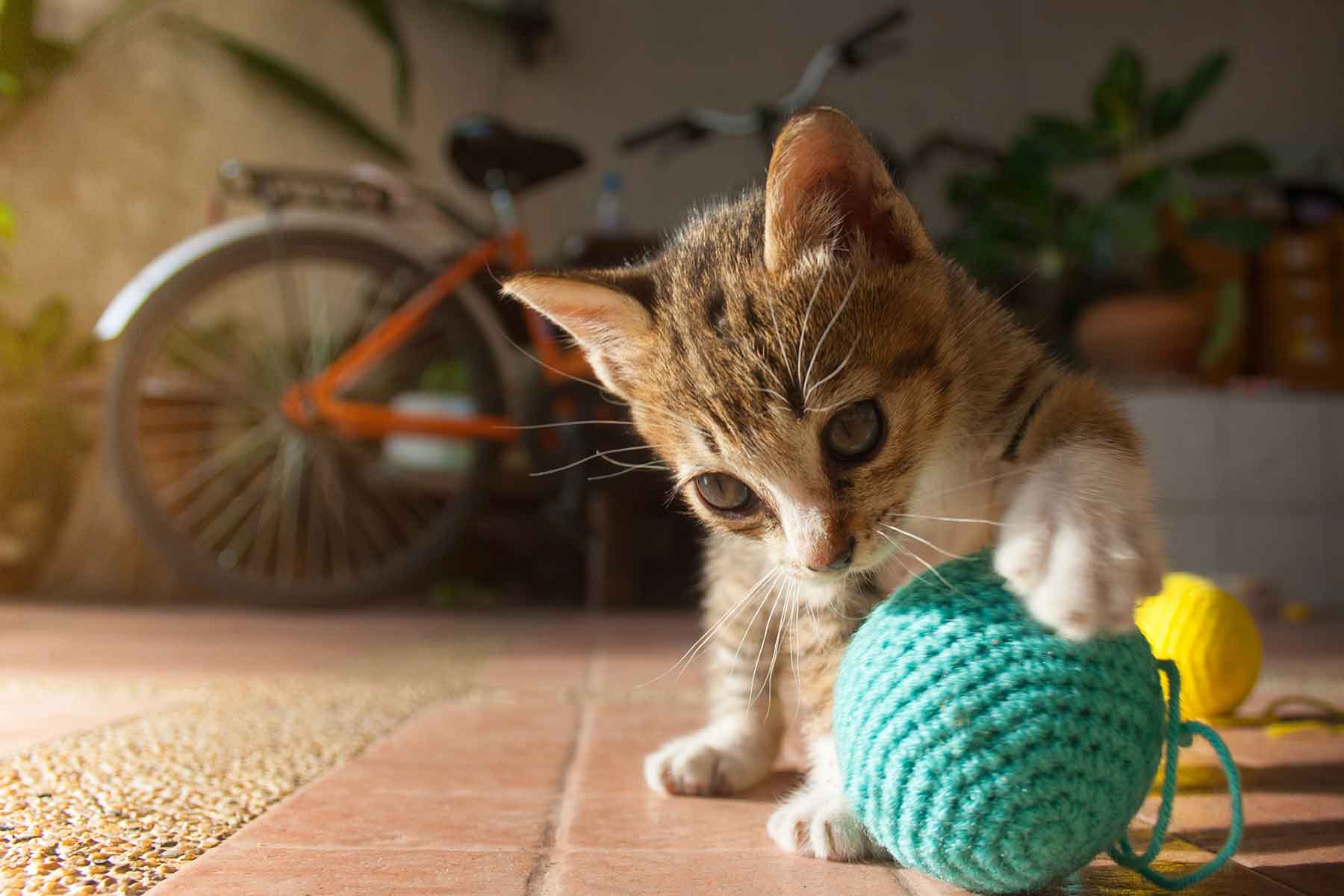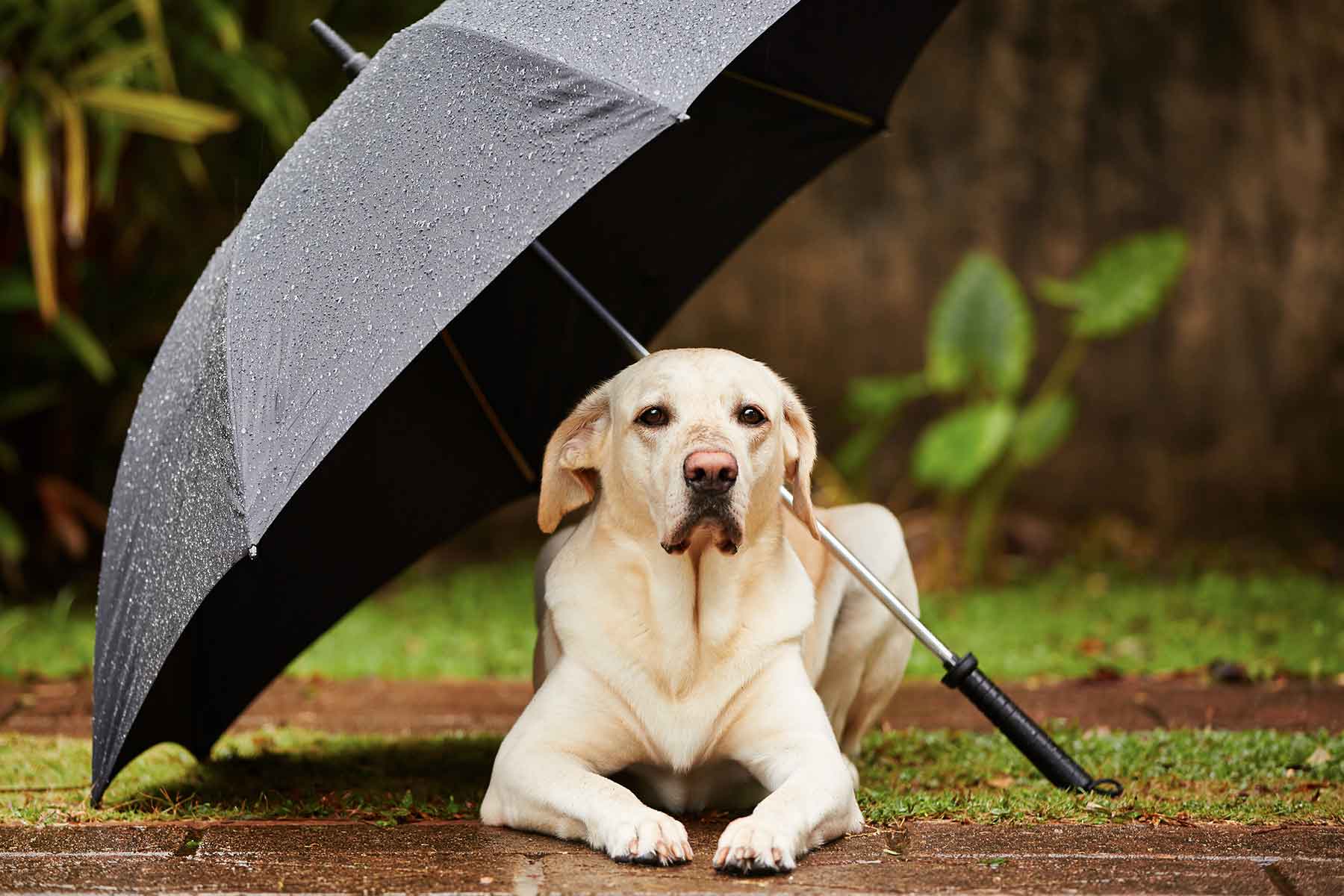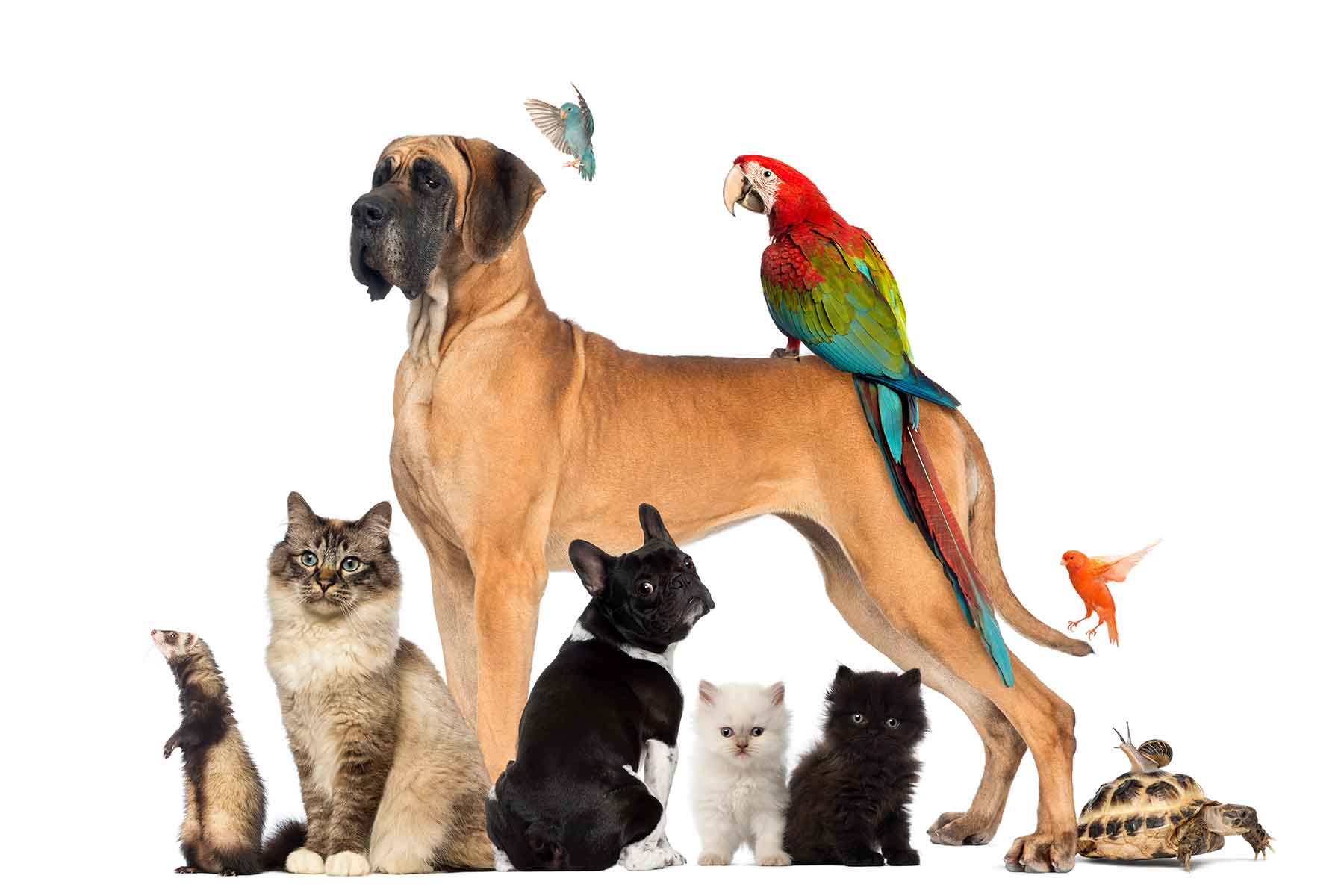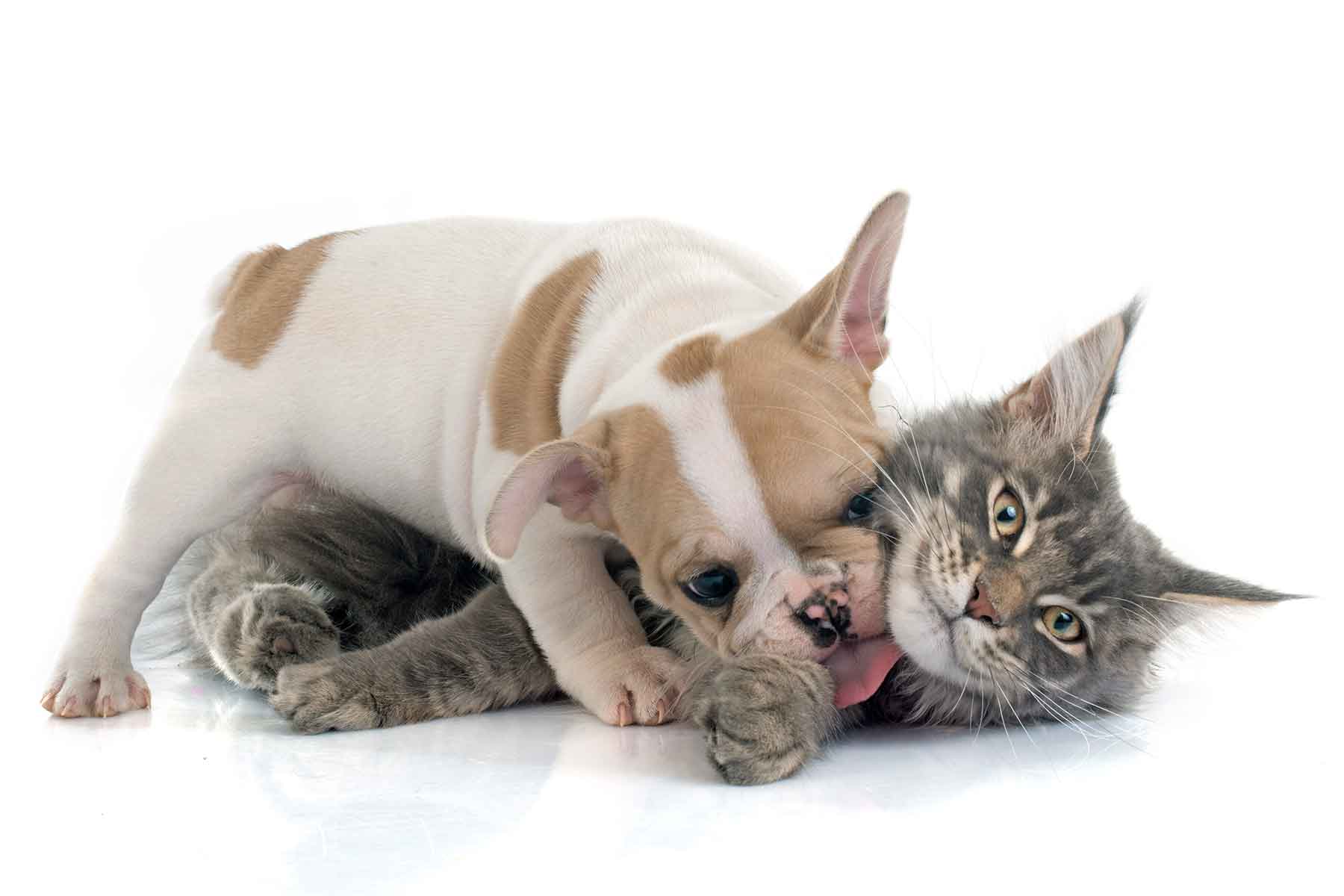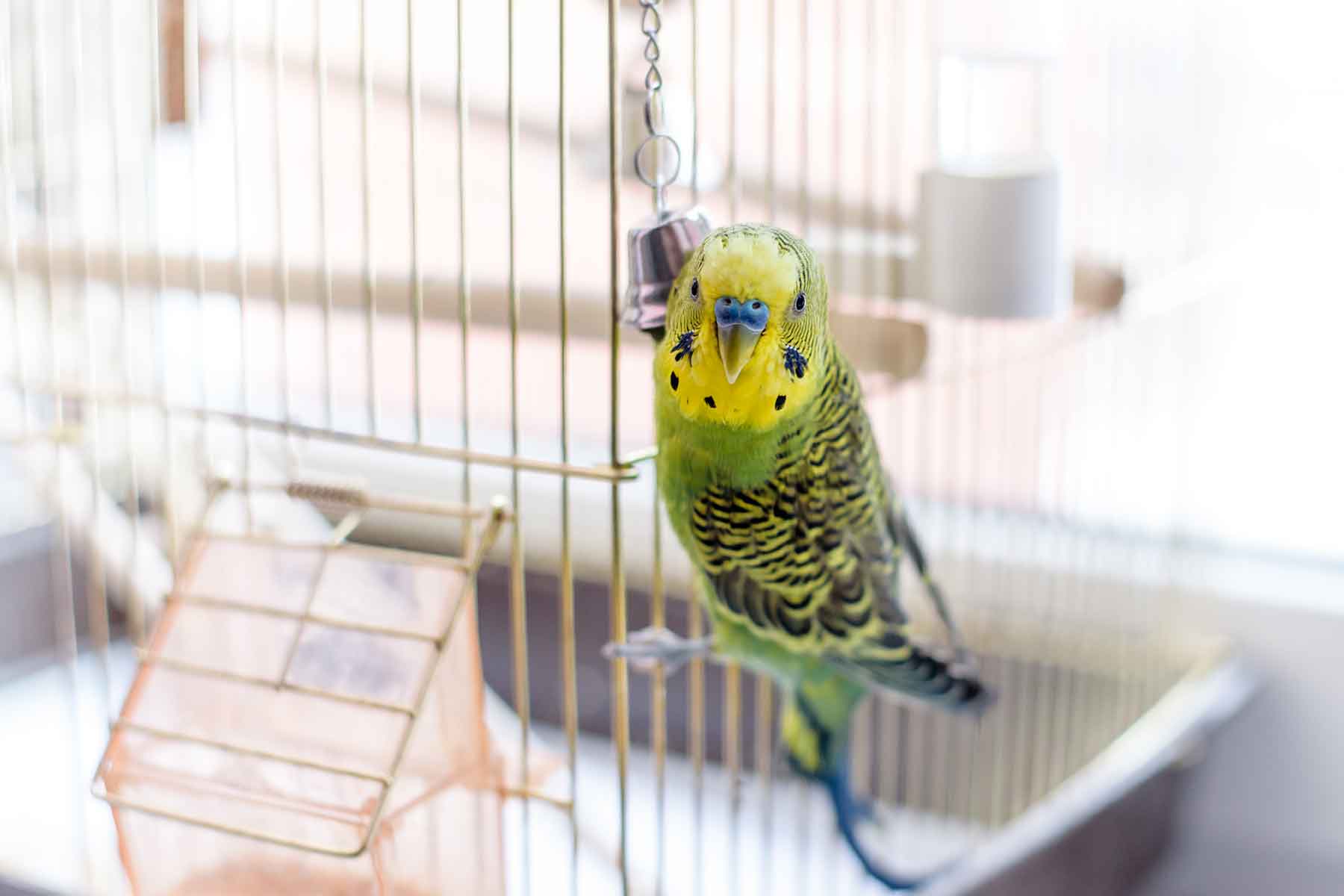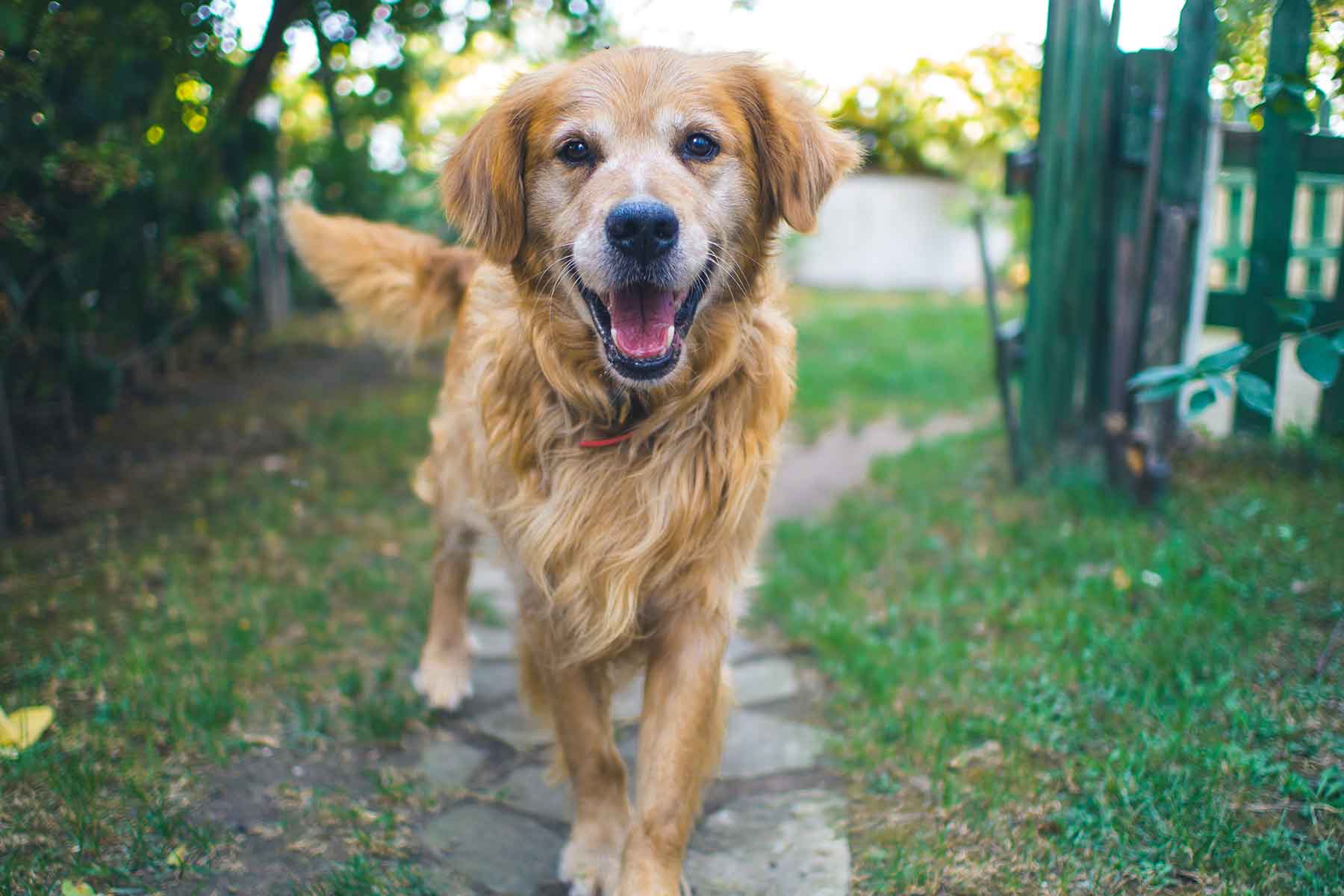Whilst catching a mouse or a rat may be a natural activity for cats and in some cases, dogs, eating rodents can have undesirable consequences on our pets. Dangers include infection from intestinal worms and/or toxoplasmosis as well as the possibility of suffering from secondary rat bait poisoning.
The dangers of ingesting rodents
Toxoplasmosis
Cats and dogs can become infected with the protozoan organism Toxoplasma by eating rodents or rabbits that have the Toxoplasmosis cysts developing in their muscles. In dogs, Toxoplasma may make the dog quite ill and can cause various symptoms ranging from diarrhoea, pneumonia, liver disease, or diseases of the nervous system. In cats, the parasite lives in the intestinal cells, usually causing little harm. The adult parasite produces cysts that are passed out in the faeces of cats. It is these cysts that can cause harm if ingested by dogs, humans or cats with a weakened immune system. Read more about Toxoplasmosis here.
Intestinal worms – Roundworms from rats and mice
Cats and dogs can become infected with Roundworm by eating mice or rats infected with Roundworm larvae. Roundworms are a common intestinal parasitic worm found in young dogs and cats. These worms feed upon the contents of the intestines and therefore compete for nutrients a dog or cat would normally ingest. Roundworms are approximately 8-12cm long and are spaghetti-like in appearance. Read more about worms in dogs and worms in cats here.
Secondary poisoning – ingesting an already poisoned rodent
There is a small risk of secondary poisoning if a rodent has ingested rat bait and a pet then eats the rodent. The level of toxicity your pet will experience depends on the timing, amount and type of poison the rodent has consumed and the number of rodents your pet eats. For example, if a Jack Russel Terrier consumes 1-2 rats, this may be sufficient to cause symptoms. Cats, however, may need to consume many more rodents to be affected. If you suspect your pet has eaten a poisoned rat or mouse, please contact us directly for advice on what to do. For more information, we recommend reading our article on rat bait poisoning.
What you can do to help protect your pet and family
Obviously cats are natural hunters and some more so than others. If your cat is an outdoor cat consider installing a cat enclosure. Of course, this will not stop rodents from entering the enclosure but will prevent normal hunting activities. At the same time, you will also help to protect our natural Australian wildlife.
If there is an outbreak of rodents in your area, keep your cat inside. Whilst we understand this can be a difficult task for outside cats, it is more likely neighbours will be using rodenticides such as Ratsak and Talon and therefore your pet will be at increased risk. Also, if you have a rat or mouse problem consider using more traditional forms of pest control as opposed to poisons.
Finally, to help protect you and your family, worm your pet on a regular basis. In most cases, treatment in adult pets should be done once every three months and more often for younger pets.

